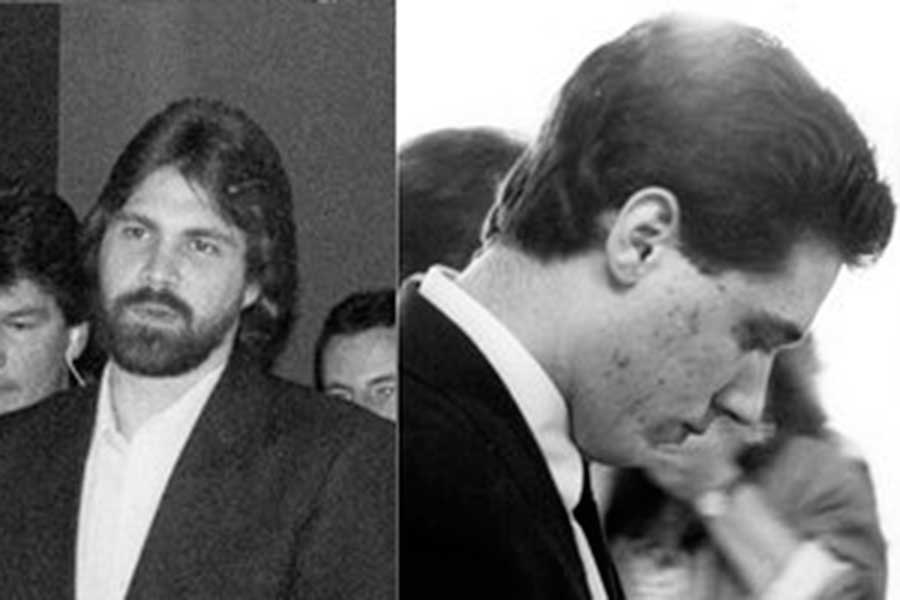Richard R. Laird, who murdered gay artist Anthony Milano in 1987, has lost his bid for a third trial.
On July 20, the state Supreme Court unanimously rejected Laird’s claim that his attorneys were deficient during his 2007 retrial.
Laird claimed his attorneys didn’t give jurors enough information about the effects of his father’s sexual abuse, along with other mental-health impairments that allegedly diminished his cognitive functioning.
In 2013, Bucks County Common Pleas Judge Rea B. Boylan rejected those claims, and last month the state Supreme Court upheld Boylan’s ruling.
In 1987, Laird and Frank R. Chester escorted Milano out of a Bucks County tavern and kidnapped him to a wooded area, where his throat was hacked out with a box cutter. Authorities called it an antigay hate crime, though there were no hate-crime protections in place at the time.
Both men were convicted of first-degree murder and sentenced to death.
Laird was granted a retrial in 2007, due to faulty jury instructions by the trial judge. Laird argued that while he participated in Milano’s murder, he acted with “diminished capacity,” thus reducing his moral culpability.
Laird claimed his cognitive abilities were diminished due to prior brain injuries, ongoing substance abuse, childhood sexual abuse, Post-Traumatic Stress Disorder and Attention Deficit/Hyperactivity Disorder.
If Laird’s claims were accepted, he could have been released from prison due to time already served. But jurors re-convicted him of first-degree murder and re-sentenced him to death.
In his appeal to the state Supreme Court, Laird argued an expert on childhood sexual abuse should have testified about the effects of his father’s purported sexual abuse.
But the court noted that Laird’s attorneys presented other mental-health experts who testified about the effects of the abuse.
“The experts who testified at the penalty hearing provided significant, detailed information concerning [Laird’s] unfortunate childhood, his mental-health impairments such as PTSD and ADHD, his long-term substance abuse and alcohol dependency and his brain damage stemming from serious head injuries,” the opinion stated. “The jury was also informed that these factors, combined with [Laird’s] heavy alcohol ingestion during the hours leading up to the crime, significantly affected [Laird’s] cognitive functioning.”
The court also rejected Laird’s claims that his attorneys failed to pursue a change of venue more vigorously, failed to object to prosecutorial misconduct and inadmissible witness testimony effectively and failed to cross-examine witnesses thoroughly.
The justices said any failings by Laird’s attorneys were minimal and “insufficient to undermine our confidence in the outcome of the sentencing hearing.”
Stephen B. Harris, chief of appeals for the Bucks County District Attorney’s Office, expressed agreement with the ruling.
“We’re pleased with the opinion,” Harris told PGN. “It was written by Justice [Thomas G.] Saylor, who’s now the chief justice of the court. He’s known as one of the most scholarly justices on the Supreme Court of Pennsylvania. I thought it was a particularly well-written opinion. If a petition for re-argument is filed on behalf of Mr. Laird, I feel it’s very unlikely it will be granted.”
Billy H. Nolas, an attorney for Laird, had no comment.
Laird, 51, remains on death row at a state prison in Franklin Township.
Chester, 46, remains on death row at a state prison in Graterford. His first-degree murder conviction also was overturned, and prosecutors must decide whether to re-try him.
